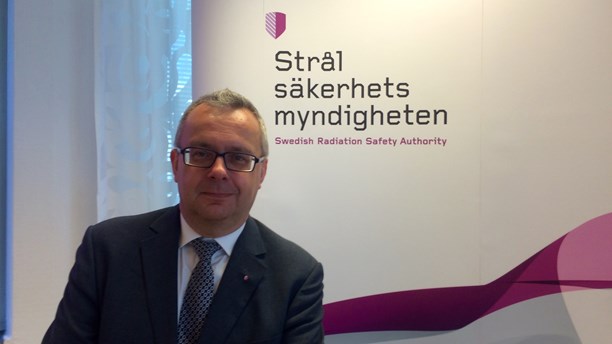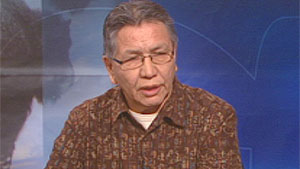Sweden’s Radiation Safety Authority endorses nuclear waste disposal plan

After a review lasting more than five years, the Swedish Radiation Safety Authority has endorsed the nuclear industry’s plan to dispose spent nuclear fuel in the bedrock approximately 500 metres below ground some 150 kilometres north of Stockholm.
In 2011, the Swedish Nuclear Fuel and Waste Management Company (SKB) applied for a licence to go ahead with its plan for final disposal of spent nuclear fuel. SKB was established by the nuclear power companies in Sweden to take care of radioactive waste from the power plants. There is a legal requirement for the industry to come up with a plan for safely disposing of the waste, and it must pay for it.
Swedish solution to be considered by court
On Wednesday, the Swedish Radiation Safety Authority came with its first, preliminary, assessment of the plan, which will now be considered by the Environment Court. The conclusion is that it is sufficiently likely that the plan will meet the environmental requirements for such a repository over time.
The Swedish plan for final disposal of the spent nuclear fuel is to encapsulate it in cast-iron canisters covered by a copper shell, and place them in deep holes bored into the bedrock and surround them by a swelling clay.
Michael Egan, the deputy project manager at the Radiation Safety Authority, told Radio Sweden that they reached the conclusion after looking at SKB’s plan as a whole and ask: “Is it likely that when they go forward, with all the details that need to be developed over the next decades, that they will meet our requirements and that they will comply with our requirements?”
“We make the judgement that they have the potential to do that,” he said.
Seeking the 100,000 year solution
The mind-boggling fact about spent nuclear fuel is that you have to find a way to store so that it’s safe for people and the environment for over 100,000 years, since it takes a very long time for the dangerous radioactivity to decrease sufficiently.
And there is criticism against the Swedish method. Some research shows that the copper of the capsules will corrode and that they will only last 1,000 years, not 100,000.
Now the Plan and Environment Court will decide on the case and next year both the Radiation Safety Authority and the court will present their final reviews to the government. After that, the municipalities of Oskarshamn and Östhammar, where the encapsulating facility and the repository will be placed, will have their final say into the matter, before the government makes a decision.
SKB hopes to start building the facilities in 2020, then spend at least five years trying them out before they routinely start putting the nuclear waste under ground. But there are several assessments and reviews put in place before this can happen, something the Radiation Safety Authority stressed on Wednesday.
Related stories from around the North:
Canada: Drilling waste thawing and leaching into lakes in Canada’s Far North, Eye on the Arctic
Finland: Posiva Solutions to assist Fennovoima in nuclear waste disposal, Yle News
Norway: Norway is polluting Murmansk says Russian official, Barents Observer
Russia: Russian republics unite against oil spills, The Independent Barents Observer
United States: Villagers suspect nuclear devices buried in Arctic Alaska, Alaska Dispatch News



